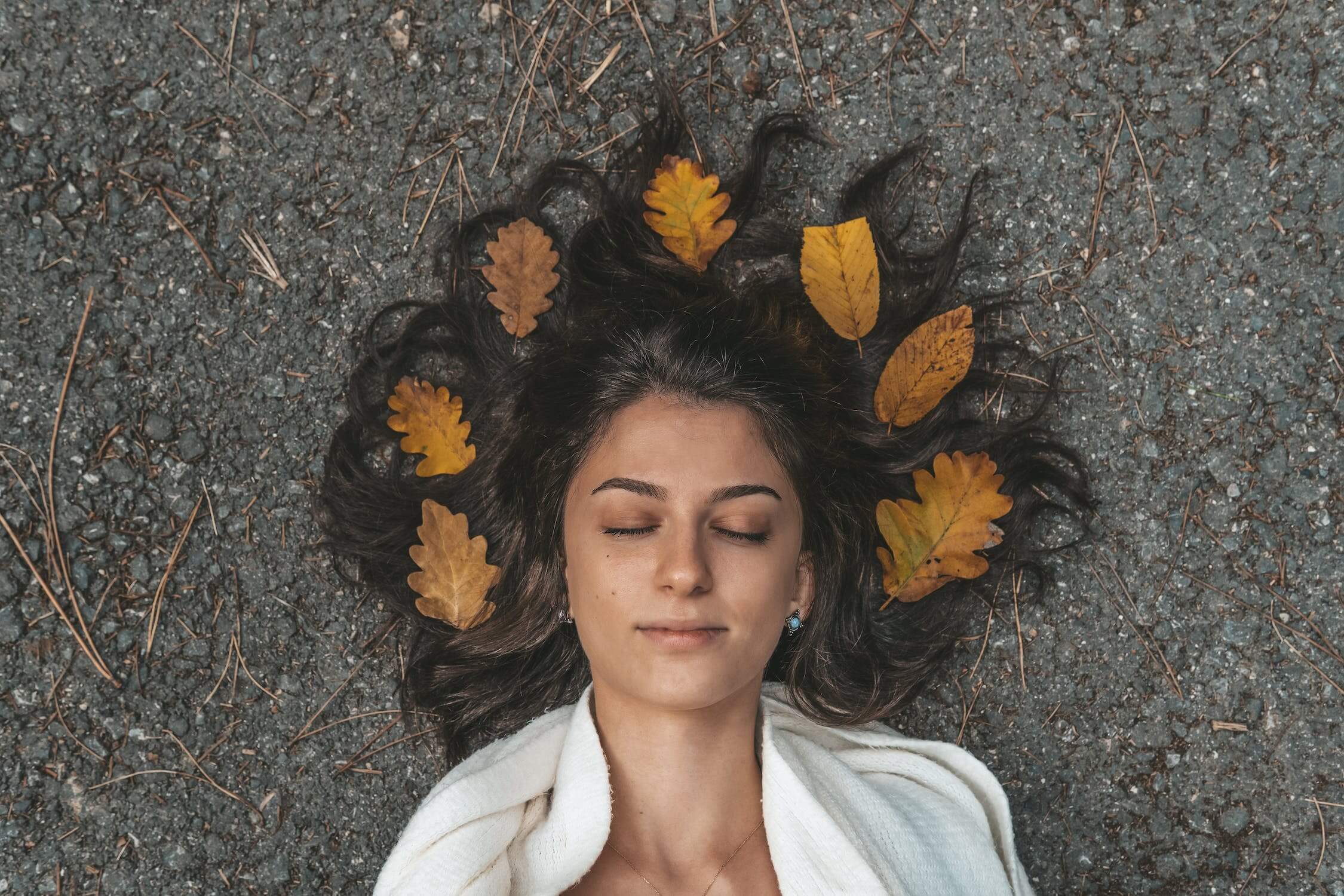How to Stop Hair Fall in Monsoon
Monsoon is a season loved by many for its refreshing rain showers and cool breezes. However, it’s also a season that can wreak havoc on your hair. Excessive humidity, rainwater, and fungal infections can lead to increased hair fall during this time. But fear not, because with a little extra care, you can maintain healthy and luscious locks even during the wettest months of the year. In this blog post, we will share valuable tips to prevent hair fall during monsoon, ensuring your hair remains gorgeous all season long.

1. Keep Your Hair Dry
- Use an Umbrella or Raincoat: When venturing out during the rain, shield your hair from moisture using an umbrella or raincoat. Rainwater can weaken your hair shaft, making it more prone to breakage and fall.
- Pat Dry Hair: If your hair gets wet, gently pat it dry with a soft towel as soon as possible. Avoid rubbing vigorously, as wet hair is more delicate and prone to damage.
- Avoid Tight Hairstyles: Tying your hair tightly in a bun or ponytail can trap moisture and lead to fungal infections. Opt for loose hairstyles that allow your hair to breathe.
2. Regular Hair Cleansing
- Shampoo Frequently: Increased humidity during monsoon can make your scalp oily and lead to dandruff. Use a mild, sulfate-free shampoo to cleanse your hair and scalp regularly. Aim for at least two to three times a week.
- Use Antifungal Shampoo: Consider using an antifungal shampoo once a week to prevent fungal infections that can cause hair fall. Consult a dermatologist for recommendations if needed.
- Condition Properly: While conditioning is essential, avoid applying it to your scalp as it can make it greasier. Focus on the mid-lengths and ends to keep your hair soft and manageable.
3. Oil Massage
- Hot Oil Treatment: Regular oil massages can strengthen your hair roots and reduce hair fall. Opt for warm coconut oil, olive oil, or almond oil. Massage your scalp gently and leave the oil on for at least an hour before shampooing.
- Essential Oils: Some essential oils like rosemary, lavender, and tea tree oil have antimicrobial properties that can help prevent fungal infections. Add a few drops to your carrier oil for added benefits.
4. Nutrient-Rich Diet
- Protein-Rich Foods: Include plenty of protein-rich foods like eggs, lean meats, fish, and legumes in your diet. Protein is essential for hair growth and strength.
- Vitamins and Minerals: Consume foods rich in vitamins A, C, E, and biotin. These nutrients promote healthy hair growth and reduce hair fall.
- Stay Hydrated: Drink an adequate amount of water to keep your hair and scalp hydrated. Dehydration can lead to brittle hair and increased hair fall.
5. Say No to Heat Styling
- Avoid Heat Styling Tools: Monsoon is the perfect time to give your hair a break from heat-styling tools like hairdryers, straighteners, and curling irons. Excessive heat can weaken your hair shaft and lead to breakage.
- Air Dry Your Hair: Embrace your natural texture and allow your hair to air dry whenever possible. If you must use a hairdryer, use the cool setting to minimize damage.
6. Protective Hairstyles
- Braid Your Hair: Braiding your hair can protect it from excess humidity and prevent tangling, which can lead to hair fall. It’s a stylish and practical way to keep your hair in check during monsoon.
- Silk Scarves or Caps: Consider wearing a silk scarf or cap to protect your hair when stepping out in the rain. Silk is gentle on your hair and helps minimize friction.
7. Regular Trimming
- Trim Split Ends: Visit your hairstylist for regular trims to get rid of split ends. This not only makes your hair look healthier but also prevents split ends from traveling up the hair shaft and causing further damage.
8. DIY Hair Masks
- Egg Mask: Mix an egg with olive oil and apply it to your hair. Leave it on for 30 minutes before rinsing with a mild shampoo. This protein-rich mask can strengthen your hair.
- Aloe Vera and Yogurt Mask: Aloe vera and yogurt have moisturizing and nourishing properties. Blend them together and apply as a mask to rejuvenate your hair and scalp.
9. Change Pillowcases Regularly
- Use Silk Pillowcases: Silk pillowcases create less friction than cotton ones, reducing hair breakage and hair fall. Change your pillowcases regularly to maintain a clean and healthy sleeping environment for your hair.
10. Manage Stress
- Practice Stress-Relief Techniques: High stress levels can contribute to hair fall. Practice relaxation techniques such as meditation, yoga, or deep breathing exercises to keep stress at bay.
- Adequate Sleep: Ensure you get enough sleep as it plays a crucial role in maintaining overall health, including the health of your hair.
11. Choose the Right Hair Accessories
- Avoid Tight Hairbands: Tight hairbands can pull on your hair and scalp, leading to hair fall. Opt for soft and loose hair ties or scrunchies.
12. Consult a Professional
- Dermatologist Visit: If you notice excessive hair fall during monsoon that doesn’t improve with these tips, it’s essential to consult a dermatologist. They can diagnose any underlying issues and provide appropriate treatments.
Conclusion
Monsoon hair care requires a bit of extra effort, but by following these tips, you can significantly reduce hair fall and maintain healthy, beautiful hair throughout the rainy season. Remember to protect your hair from moisture, maintain a proper hair care routine, nourish your body with a balanced diet, and manage stress. With these precautions in place, you can enjoy the monsoon season without worrying about your hair’s health.
Subscribe to Newsletter





